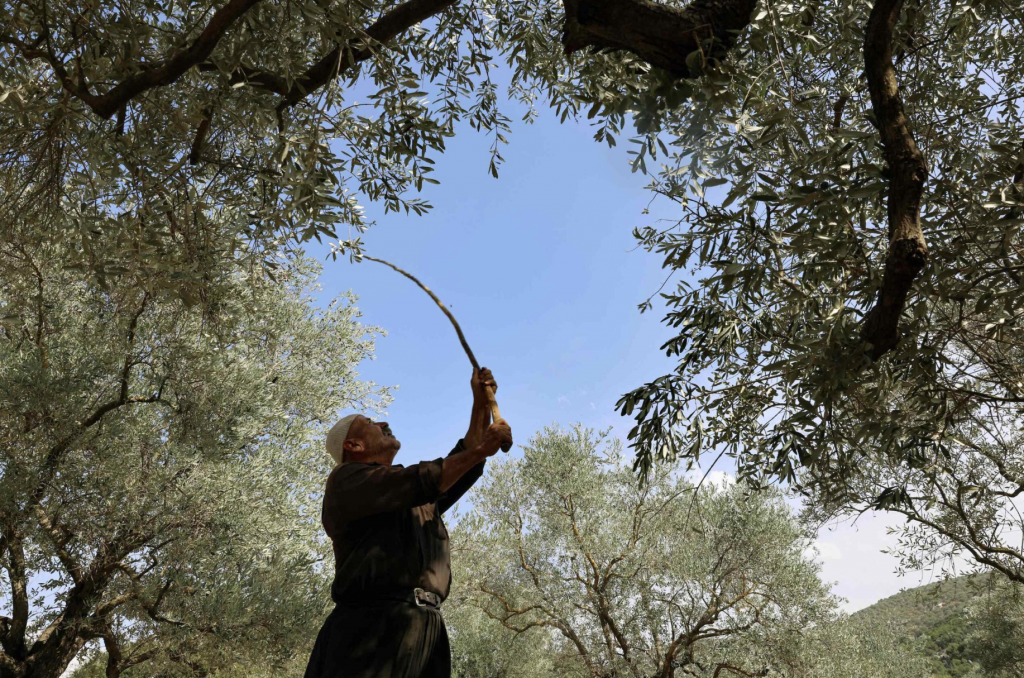Writer: Zeead Yaghi

Though Lebanon is dealing with the fear of having an all-out war, its elite had already set the country decades back in the past few years. Lest we forget that Lebanon is already reeling from a series of crises manufactured by the current political establishment. The country’s leaders have enacted policies that have wiped out the population’s savings, plunging it into a financial crisis which the World Bank described as the “most severe crises episodes globally since the mid-nineteenth century.” Years of mismanagement, theft, and negligence led to the Beirut Port explosion in 2020, which killed hundreds, maimed thousands, and invited real estate vultures to speculate and displace the residents of devastated neighborhoods.
Lebanon’s state, institutions, and civil society groups are the least capable in their current form to manage the series of emergencies and stressors that would befall the country’s various economic sectors should an Israeli open war be launched. The most fragile of these sectors is the country’s food security and the beleaguered agriculture sector attached to it. Today Lebanon imports 80 percent of food products consumed in the country, while the local agriculture sector provides a measly portion of the internal market. A Mercy Corps report indicated that the country’s import-to-GDP ratio rose to 90 percent in 2022. While today the floating Lebanese pound has stabilized around 89,000 Lebanese pounds per dollar, even in the midst of severe currency fluctuation two years ago, food imports increased by 22 percent.
To read the full article: click here
Disclaimer: Except for articles published on Blog Tadamon and the content of the resource pages, all materials on this website, including their respective photographs, are indexed from their original sources. All rights remain with the respective copyright holders.

Comments are closed, but trackbacks and pingbacks are open.